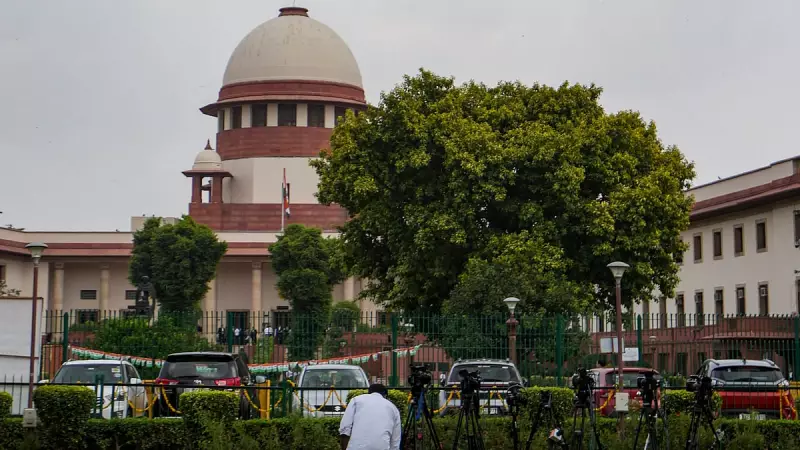
In a stunning revelation that has sent shockwaves through government corridors, the Supreme Court has exposed glaring deficiencies in a road transport agreement between Uttar Pradesh and Madhya Pradesh. The apex court didn't mince words, expressing deep concern over what it termed as "non-application of mind" by both state governments.
Judicial Disappointment Over Government Lapses
The bench, comprising distinguished justices, made scathing observations about the manner in which the inter-state transport agreement was formulated and implemented. The court emphasized that such crucial agreements affecting millions of citizens require meticulous planning and thorough consideration, elements that were conspicuously absent in this case.
What Went Wrong with the Transport Pact?
The agreement, meant to facilitate seamless road transport between the two politically significant states, failed to address several critical aspects. The Supreme Court highlighted multiple areas where proper due diligence was lacking, raising questions about the efficiency of inter-governmental coordination mechanisms.
Key Concerns Raised by the Apex Court
- Inadequate assessment of passenger safety measures
- Poorly defined operational protocols
- Lack of clear accountability structures
- Insufficient consideration of environmental impacts
- Failure to address regional connectivity challenges
Broader Implications for Interstate Governance
This case transcends beyond just road transport, serving as a crucial test case for how Indian states collaborate on development projects. The Supreme Court's strong remarks underscore the need for greater professionalism and diligence in inter-state agreements that directly impact public welfare and economic growth.
The verdict comes at a time when India is pushing for better connectivity and infrastructure development across state boundaries. The court's observations are expected to influence how future interstate agreements are drafted and implemented, potentially setting new benchmarks for governmental accountability.
Road Ahead for UP-MP Transport Corridor
While the Supreme Court has identified the shortcomings, the focus now shifts to how both state governments will address these concerns. The ruling mandates a comprehensive review and revision of the agreement, ensuring that public interest remains paramount in all future transportation planning.
This development serves as a crucial reminder to all state governments about the importance of thorough planning and proper application of mind in governance matters that affect millions of citizens daily.






